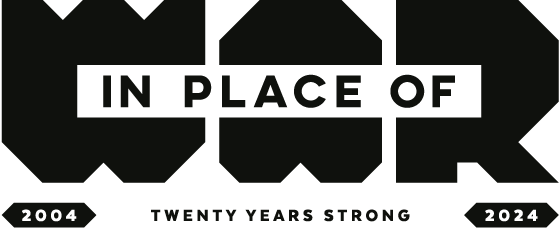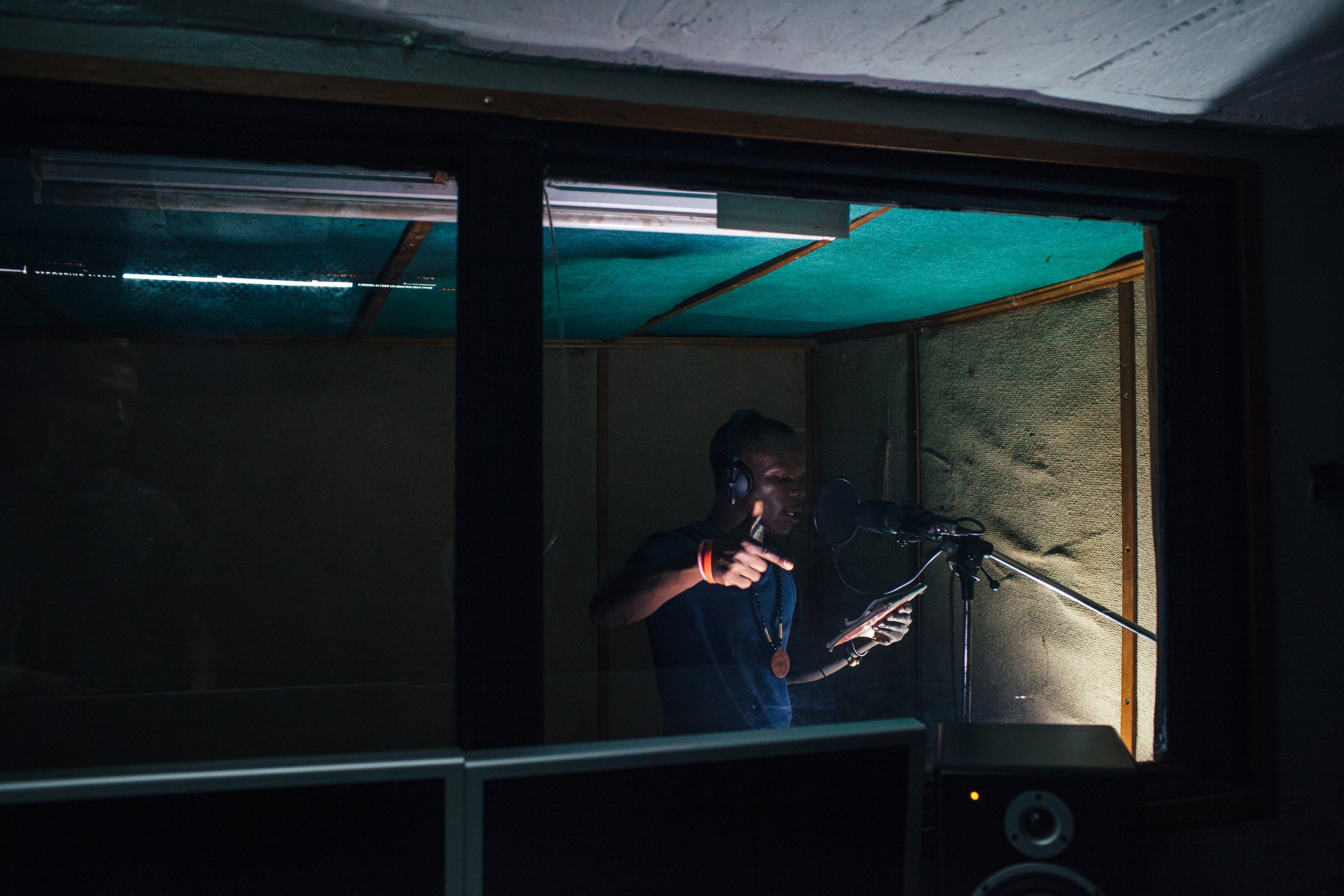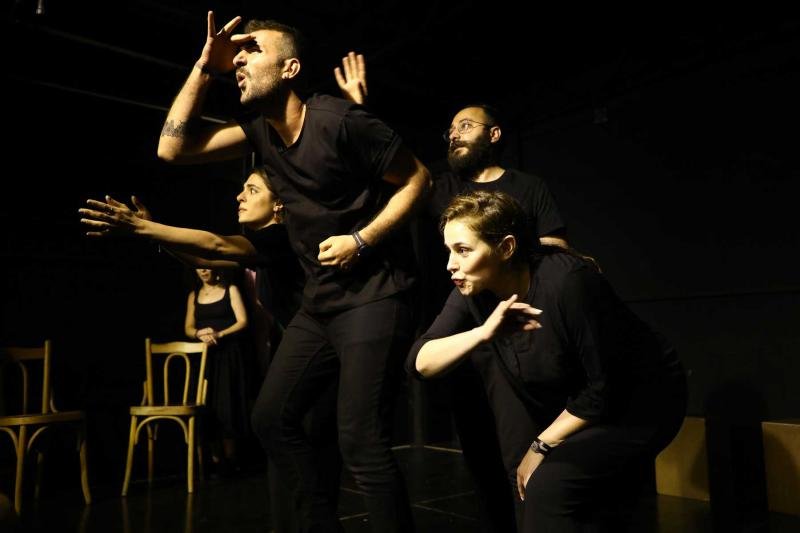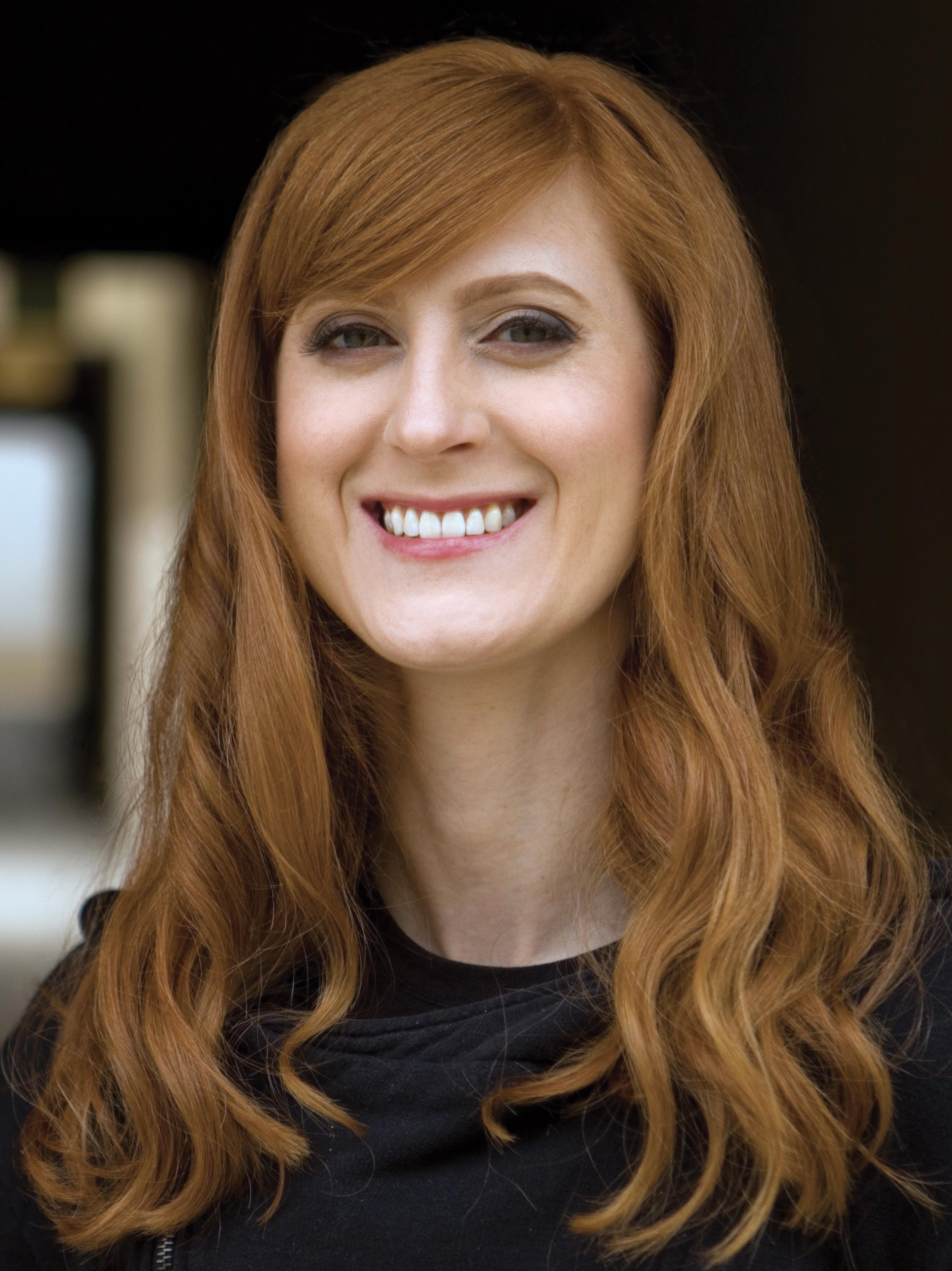THE #HackMusic Catalyst Programme
About
The #HackMusic Catalyst Programme brings together several of the music assets of In Place of War, to help support change-makers take their ideas and organisations to the next level - with increased impact and/or more sustainable futures. It will help to support the development of music makers around the world – particularly in communities facing challenges of conflict, poverty and lack of opportunities and infrastructure.
Elements
#HackMusic Catalyst Funding - issuing small grants of between £2-3k to help kickstart ideas.
The #HackMusic Education Programme - capacity building through the innovative, pioneering education programme, sharing entrepreneurial ideas with our grassroots change-makers so they can develop the most robust & relevant models for sustainable, impactful organisations.
Equipment gifting via donations and our relationships with the biggest music equipment manufacturers in the world (including Roland, Native Instruments, Pioneer DJ, Yamaha & Ableton)
Cultural space & music studio development, coupled with training from music industry professionals. To date we have helped to establish music spaces in Colombia, Palestine, Uganda & South Africa. We have a network of over 100 cultural spaces that inform what we do.
Mentoring & Global Music Industry Advisory Board connections, expertise & support made up of representatives from 23 of the biggest music companies in the world, including BBC, Downtown Music, Fuga, Spotify & many more.
Platforms for exposure & increasing visibility - brokering deals for grassroots artists in conflict zones without access to route to market (economic). We work with global festival platforms and have helped our artists reach over 1m people via physical & digital channels.
Network development via our 130 grassroots change-maker organisations - keeping them connected and sharing methodologies.
#HackMusic Education Programme
#Hackmusic is an innovative, pioneering education programme developed by In Place of War to help support the development of music makers around the world – particularly in communities facing challenges of conflict, poverty and lack of opportunities and infrastructure. It’s been written by In Place of War CEO, Ruth Daniel; musician and producer, Laima Leyton; music change-maker from El Salvador, David Guardado and #HackMusic interns, Jane Hough and Ellie Ruby, with input from across the music industry, across the world.
It aims to support learning across the following areas:
THE CREATIVE PROCESS - An artist’s choices: why do we make music and how does it define us? Where do we begin, and how can we use restrictions to our advantage? This module is about finding inspiration and creating an identity.
THE TECHNICAL JOURNEY - Which digital audio workstations to use, sound card choices, using DAW systems, building a home studio, how to record sounds, composition, and mixing and mastering.
THE MUSIC INDUSTRY - How to find your direction and drive in the music business; how to make people listen to your music; how to plan for success; what are the levels and contexts of your expectations.
MUSICAL ARCHIVING - This module explores ethnomusicology. It provides an understanding of the critical importance of archiving the sounds and stories of communities and their cultures.
FESTIVAL DEVELOPMENT - This module gives people the tools to create their own events from the ground up. It combines key business skills, networking and logistical skills with creative imperatives which tie into specific cultural contexts.
MENTORING PROGRAMME - A programme supported by world-class producers and musicians, empowering artists across the Global South to hack both the creative process of writing and producing, and the infrastructure of the industry.
#HACKMUSIC CATALYST FUNDING
We provide seed funding grants to organisations from within the change-maker network, who are invited to apply to the fund. In the first round of funding in 2023, awarded 3 grants of £3k, as well as mentoring and equipment resourcing, to:
Laban Theatre, Beirut, Lebanon
Beirut’s Laban Theatre is an art-pacification organisation that uses improvisation and the dramatic arts as tools to foster peace and community in a region that struggles with ongoing social, political and religious divisions. They also produce the annual festival Rooftops Connect which aims to provide a working and experimental space for emerging artists, in addition to a group of professional and experienced artists. The festival serves as a space for intersection and exchange between artists of different backgrounds and practices, allowing them to present their projects on the city's rooftops.
With the #HackMusic funding, they have been able to commence building The Artist Recording Studio.
In 2020 Laban received a generous donation from Roland through In Place of War and ever since, the music equipment has been used by hundreds of artists. Laban has been presenting a monthly playback theatre performance, ‘Your Stories on Stage’ for the past 10 years - a show that allows community member to share, connect, heal, and build a community as they share real life stories, experiences and dreams, and watch them come to life through acting, music and singing. As a result, they have improvised hundreds of songs that reflect the stories of these communities, and have also written and composed many other songs relating to different occasions, such as local celebrations, the revolution, women’s rights, the elections, the presidential void, and many personal stories. However, they have never had the means to record these songs properly, to preserve them and for them to be echoed across the country. This process will serve as a documentation of the narratives of the people Laban works with, and the cultural heritage from a highly troubled era, that they fear will go undocumented, or only be documented through biassed media and fake news.
With the support from the #HackMusic Catalyst Programme, they have begun transforming their studio into a professional recording studio, with competing standards. This will allow them to record what is produced there, and most importantly will become an accessible tool for all independent, young, and emerging artists residing or passing through Lebanon who would like to record their work to a professional standard.
The accessibility and availability of this recording studio will positively influence both artists and general audiences by allowing them to express themselves, away from the violence that dominates every aspect of their lives. It will be a great platform for self-expression, awareness raising and act as an income generating tool. In order to achieve this, they require support in the form of: sound proofing; sound acoustics; equipment sourcing; and capacity-building to be able to carry out the process on their own locally, without affecting the identity of Studio Laban.
“We cannot tell you how much this funding & mentoring support means to our artist community. The guidance and advice is way beyond anything we expected.”
Archivo de Musica Original, Peru / Uruguay
With the #HackMusic Catalyst funding, the organisation will carry out a project to preserve the music of the Bora indigenous community. The Bora community is made up of an estimated 1000 people distributed in 8 villages (Malokas) in the Peruvian Amazon, on the border between Colombia and Peru. There are two Colombian paramilitary groups who moved their coca plantation fields from the Colombian side to the Peruvian side of the border, within Bora territory. They now recruit Bora youth to work in the fields and have also militarised part of their territory. This has led to increased water pollution, with large amounts of water and mercury being used for illegal extraction and then discharged into tributaries used by the community. According to studies by the Centro de Innovación Científica Amazónica, the level of mercury in the fish consumed by the Bora community is 43% higher than normal. This illegal extraction pollution is strongly affecting the Bora community, causing birth defects and body tissues problems (leading to respiratory problems, cancer and problems in blood properties).
The Bora community is also affected by the abandonment of the Peruvian and Colombian states, creating access issues to medical centres and schools in their territory. Additionally, the few Bora elders who remain alive have difficulty finding space for local knowledge and culture transmission. The younger generation migrate to nearby cities in search of an economic and healthy livelihood for their family. The Bora youth who remain in the territory are often enlisted to work for the coca plantations just to be part of something or earn money. These young people end up being recruited by paramilitary groups and transferred to the Colombian side, most of them never to return to their community.
This is a musical project with the mission of preserving the culture of a conflict- affected community, aiming to improve the Bora quality of life by placing local culture and new technologies as fundamental pillars of the actions carried out.
“This will definitely help me to make transformative actions together with the Bora community.”
Colaboratorio de Memorias Sonoras, Medellín, COLOMBIA
Colaboratorio de Memorias Sonoras (Co-laboratory of Sonic Memory) is an initiative for the exchange of dialogue, knowledge, collaboration and co-creation between artists who live in the neighbourhoods on the slopes of Medellín, having been displaced by the armed conflict from other regions of Antioquia. These artists produce diverse genres of music - including rap, folk and Afrobeat), and the project aims to create a collaborative music studio that promotes access, participation and the creation of collectives of men and women artists who will document and archive the memory of their realities, their territories, and their struggles through music.
These communities do not have access to music studios where they can produce their songs to a high standard. The project is conceived as a proposal for creation (making music), collaboration (generating training opportunities and mutual benefit between artists), and the generation of knowledge (recovering and documenting the memories of the territories, the conflict, the social struggles and the alternatives they advocate for through their music) The Memorias Sonoras will not only be a music studio, but also a space dedicated to experimentation, research and exchange of knowledge. As a space for creation, the collaborative spirit will contribute to the creation of musical works that preserve and promote the local knowledge, experiences related to memory, human rights, community participation, the culture of peace, and art for social transformation.
The project is in its initial stages with the Pluriverso Narrativo team currently working with two music producers based in the USA and Switzerland to design the studio and collate an equipment list. The next stage is to build the studio (a permanent studio in the new space as well as a mobile one to take into communities) and obtain the equipment from In Place of War’s partners. In the meantime, using existing donated equipment, the team has started to record with local artists.
OUR MENTORS
Julien Fehlmann
Julien Fehlmann is the founder of the recording and music production facility Studio Mécanique in Switzerland. Following his recent academic training, he now manages art and music projects in conflict regions for different organisations.
Tracey Kasongo
Tracey Kasongo is a London-based artist manager at her newly formed company, Bloom MGMT, with a roster that includes ShaSimone, DJ Tems, Singer-Songwriter Tom Dunne & photographer Remy Bordeau. Over the last couple of years, Tracey has worked with prominent acts & producers and her work has contributed to multiple Top 40 UK singles and Brit nominations. With previous experience in finance and marketing, her passion for working in music stems from her cultural background and roots in DRC, as well as her strong desire to help those from underprivileged countries.
RUTH DANIEL
Ruth Daniel is the CEO and Artistic Director at In Place of War. With over twenty years working in the music industry, devising unique festivals, collaborations and music programmes across the world, all with a purpose of making positive change in the world. From building music spaces in gang affected communities in Colombia and South Africa, to mobilising over £2m of music equipment across the world, to making music events in some of the most extreme places on the planet.
Shannon Herber
Shannon Herber is Director of A0K1VERSE, Steve Aoki's NFT company. She was formerly Pop & Dance/Electronic Awards Genre Manager at The Recording Academy (GRAMMYs), and is based in Los Angeles.
Teresa O’Bradaigh Bean
Teresa Ó Brádaigh Bean is Head of Research and Learning at In Place of War. Her research and practice has focused on hip hop as a social movement, grassroots arts education, creative entrepreneurship and community arts based peace-building knowledge networks. She has worked on themes such as creative and social entrepreneurship in fragile contexts and arts based peace-building, with the University of Manchester, British Council and the Mastercard Foundation.









